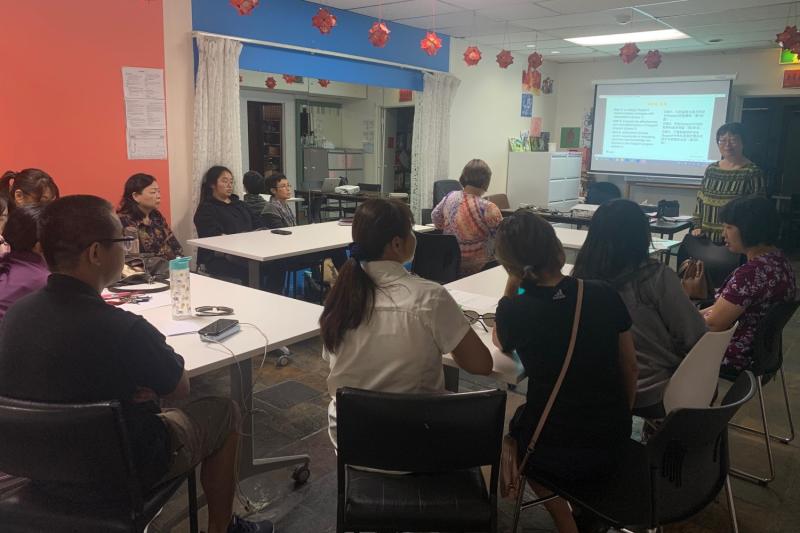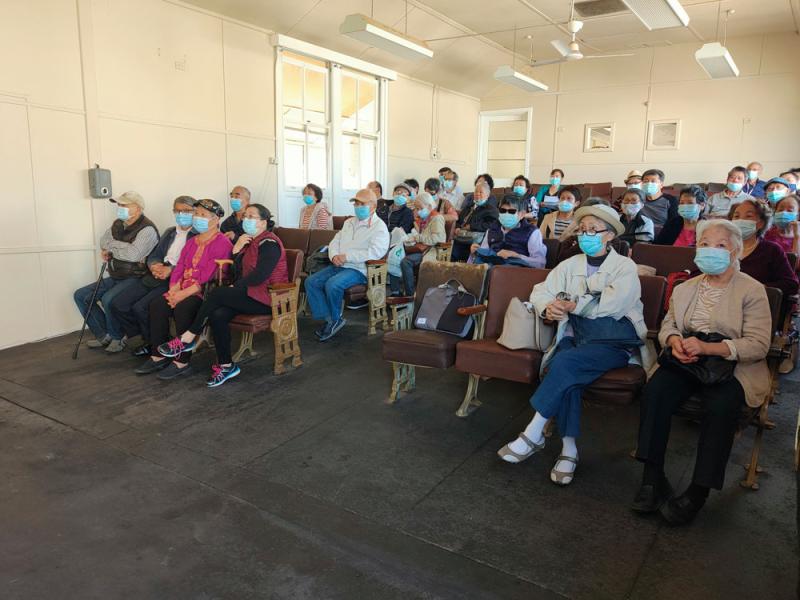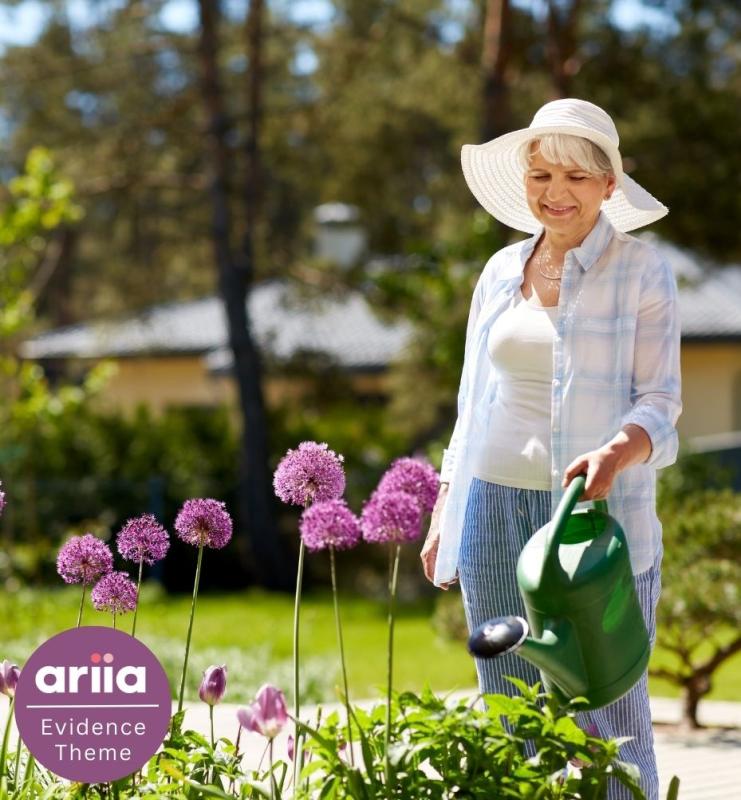Welcome to ARIIA First Nations Hub
Aboriginal and Torres Strait Islander people should be aware that this website contains images, voices and names of deceased persons.


This resource, funded by the National Foundation of Australia-China Relations, is a web-based education and skill training program for informal carers of people living with dementia in community care settings. It is a cultural adaptation of the World Health Organization iSupport program for Chinese-Australians.

A culturally adapted, traditional Chinese language version of the Chinese iSupport psychoeducation program published by Flinders University. This training and support manual targets the learning needs of Chinese-Australian informal carers providing home-based care to people with dementia.

A culturally adapted, simplified Chinese language version of the Chinese iSupport psychoeducation program published by Flinders University. This training and support manual targets the learning needs of Chinese-Australian informal carers providing home-based care to people with dementia.

Chinese-Australian informal carers play a crucial role in maintaining people with dementia at home for as long as possible, but they face challenges in accessing dementia care education programs. Professor Lily Xiao of Flinders University describes the Chinese iSupport program and its freely accessible resources now available to support Chinese-Australian home-based carers.

Support group interventions increase social support and decrease loneliness among older people in aged care settings, particularly in residential care settings. This resource from ARIIA is a short easy-to-read summary of the research evidence.

Social connectedness is an important aspect of the health of all people but especially older people in residential aged care who may be feeling isolated. This resource from ARIIA is a short easy-to-read summary of the research evidence.

Group reminiscence therapy appears to be effective in improving life satisfaction and decreasing the loneliness of people in residential aged care. This resource from ARIIA is a short easy-to-read summary of the research evidence.

Information and Communication Technology (ICT) interventions has positive effects on the older people; it improves their social network and connection and decreases loneliness. This resource from ARIIA is a short easy-to-read summary of the research evidence.

In aged care settings, a wide selection of activity programs is usually available for older people to engage in. These programs are intended to reduce social isolation and improve overall health. This resource from ARIIA is a short easy-to-read summary of the research evidence.

Ideally transition care services would incorporate multidisciplinary care teams, proactively support those at risk of delayed discharge, consider individuals with cognitive impairment, and involve family carers. This resource from ARIIA is a short easy-to-read summary of the research evidence.